招牌 BIG SELL
「圍群碑」於2015年開鋪,它是一個實驗性的電子商務閱讀體驗,亦是藝術研究團體「展銷場」與合作者們的在線筆記本 。「圍群碑」供應的「產品」圍繞過去及當下的女性及分散式勞動,呈現庫存超量的項目與觀察,過剩的思考與交易。 在這裡, 「購買」一篇文章的前提是顧客需要經歷全新的價值評估,店鋪內一系列的問題試圖顛倒生產者和消費者的關係。顧客的 「滿足」——亞馬遜最邪惡的笑臉口號——需要他們自己的努力。
「圍群」是結合「圍裙」這一經典功能性服裝與「群」(群體、人群、幫派或團伙)的文字遊戲。它收容那些報酬不足、不被正視的勞動者們,並鼓勵人們穿上圍裙。透過圍裙上的口袋,穿著者可進行秘密行動或盜竊——把被虧欠的東西裝進口袋,並將其投入其它類型的流通。與此同時,圍裙也提供著保護和抵禦。對於圍群來說,跨越圍欄的交流和閒話是團結的關鍵形式,他們透過新的再分配實踐,通向一個地下的共同體。
Monument of Apron opened shop in 2015 as an experimental e-commerce reading experience and the online notebook of various co-conspirators along with artistic research collective Display Distribute. Collating both old and new labours of networked, female work, its 'products' feature the overstock of various projects and observations along with a surplus of thought and transaction. To 'purchase' an article here demands a re-evaluation, turning the dynamic of producer and consumer on its head with a series of questions. Be prepared to work for your 'fulfillment'.
Monument of Apron, or 圍群—a word play combining 圍裙 wéiqún (apron), that timeless utilitarian garment, with 群 qún (group, crowd, caboodle or gang)—considers all those relegated to under-compensated, thankless tasks and encourages the donning of the apron. The pocketed apron lends itself further to secrecy and theft—caching what’s owed and stowing it away for otherwise circulations. An apron is also a protector and shield. For the aproned squad, communication across picket fences and gossip are key forms of solidarity—modes of redistributive practice towards an undercommons.
印記 Impressum
編輯 Editorial
展銷場 Display Distribute
參與者 With Contributions by
鄭子翹 Sonia CHENG、何穎雅 Elaine W. HO、凌明 Ming LIN、刘颖 Dongdong LIU Ying、Desireè MARIANINI、瞿暢 QU Chang、郭圓瑩 Ying QUE、吳索 Amy Suo WU、谭争劼 TAN Zhengjie
設計 Design
Theetat THUNKIJJANUKIJ
編碼 Web Development
Cédric ROSSIGNOL-BRUNET、Marie MADONNA
另外支持 Additional Support
Antonie ANGERER、Anna ESCHENBACH + 李筱天 LI Xiao Tian for 歌德学院 Goethe Institut (中國 China)
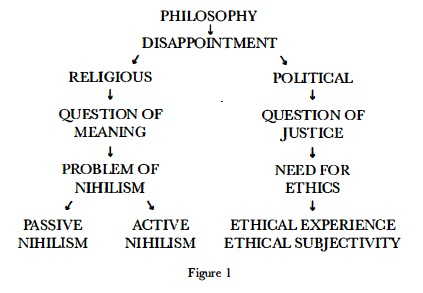
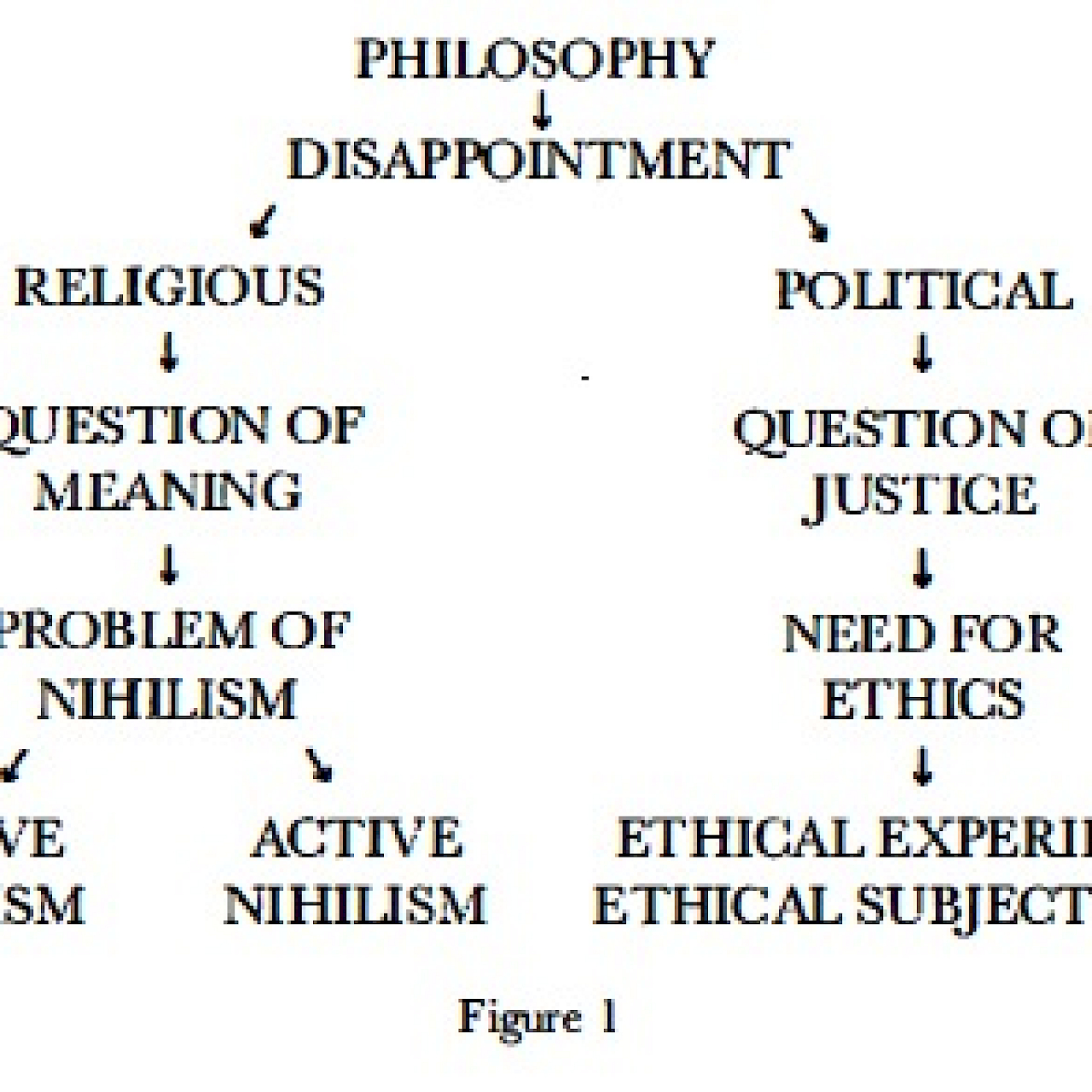


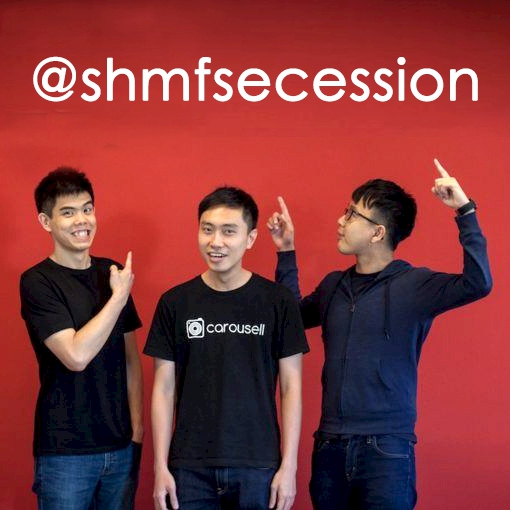

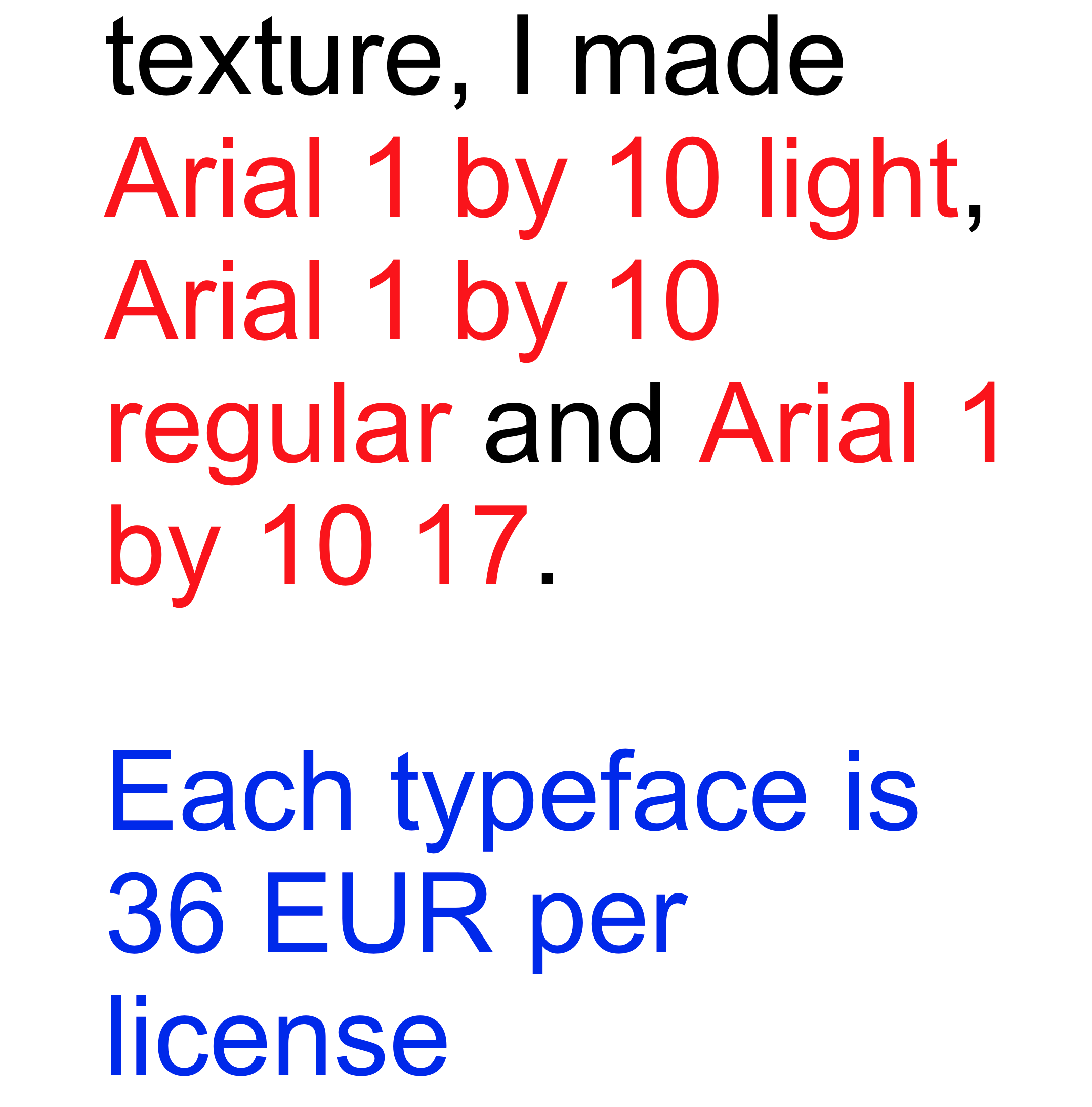

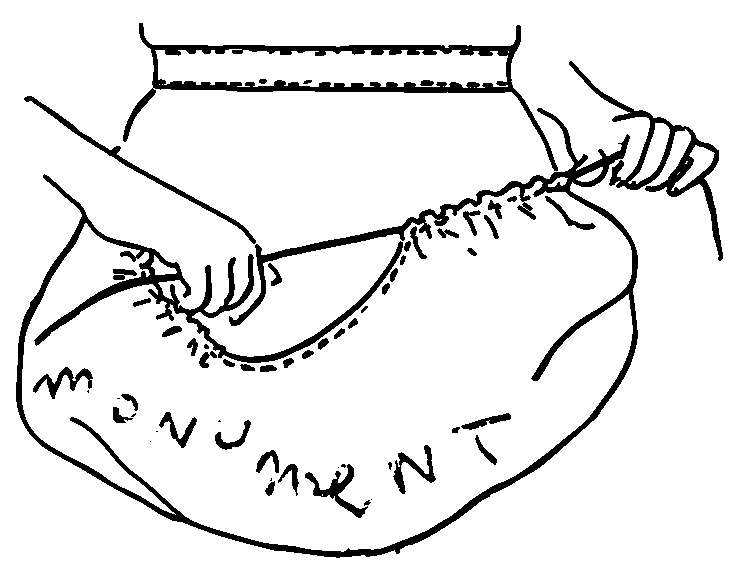
評價 Reviews
Comments
portable 3 years ago ★★★★★
这句:“一屋不扫,何以扫天下”很有意思,也涉及到我们说了家务的事情,哈 哈。
另外,说到了反思的第一步让我想到哲学 家Simon Critchley提到:哲学是从失望开始 的。他的解释是说我们的思考(哲学作为 一种学术的思考方式)都是来自于生活当 中感觉到什么不对(主要是政治上的不公 正,或者精神上对空虚)——这种失望导 致了一种疑问,也许也也是一种所谓的叛 逆或者反抗。只有从这种失望我们才会反 应过来——什么反应看人呢,也许是一种 虚无主义(看我在gallery加的图,有两种 虚无主义,被动的和主动的),另外也有 论理主观性。这些都是改变世界的方法。
为什么要多问问题少给答案?要做第一步 的打扫,哈!
下载Raoul Vaneigem的《日常生活革命》 (1967年): http://www.wethowparties.org/share/ VANEIGEMraoul_the-revolution-of- everyday-life.pdf
tan 3 years ago ★★★★★
是喔,“一屋不扫,何以扫天下”确实跟很 多都有关联呢,哈哈,有意思!我最近也 在自我打扫中。
我放了一张红色的图片,能看到吗:)
Your e-mail address will not be published
* 必填 Required fields